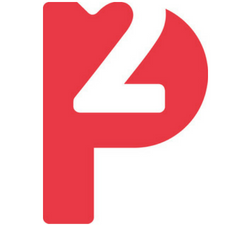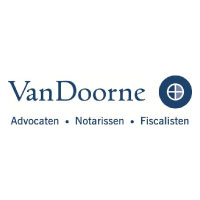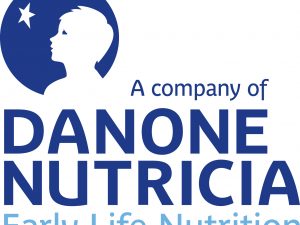Philips is a leading health technology provider that focuses on improving people’s health and achieving better health care results from healthy living and prevention to diagnostics, treatment and home care.
Philips has invested in the development of green technologies and products to take action to reduce the ecological footprint of their operations and supply chain whilst striving for an injury-free and illness-free work environment.
Their commitment to the circular economy mindset is helping to close the materials loop and transition towards new business models.
Philips’ 5 year sustainability strategy of 2016-2020, ‘Healthy people, sustainable planet’, has the objective to make the world healthier and more sustainable through innovation. They have developed a sustainability program, to maximise impact creation, based on a social dimension and an ecological dimension. By placing equal importance on the increase of societal benefits and reducing environmental impact to maintain the resources of our planet they enable healthier people and a sustainable planet.
At Nudge, we’re excited to welcome Philips’ three participants to take part in this year’s edition, one of whom will be James Akins. Here’s his motivation to join the Challenge:
“We have an immense challenge to change how a portion of the global economy works. Business models with a foundation or rooted in a circular economy will have many more opportunities to grow and prosper as the world changes. My motivation for the Nudge Global Impact Challenge is to learn new perspectives and business practices on culture and technological advancement.”
James Akins
Sr. Manager, Materials and Logistics at Philips (USA)
Here is an example of Philips’ efforts to move renewable energy for lighting. You can find out more about their projects here or in the rest of this infographic.







